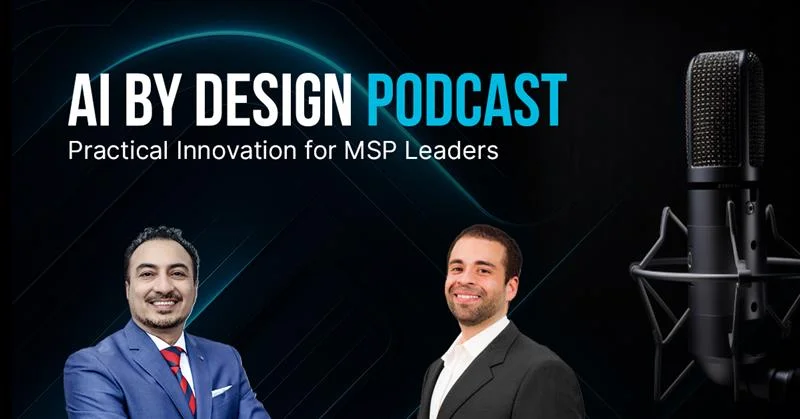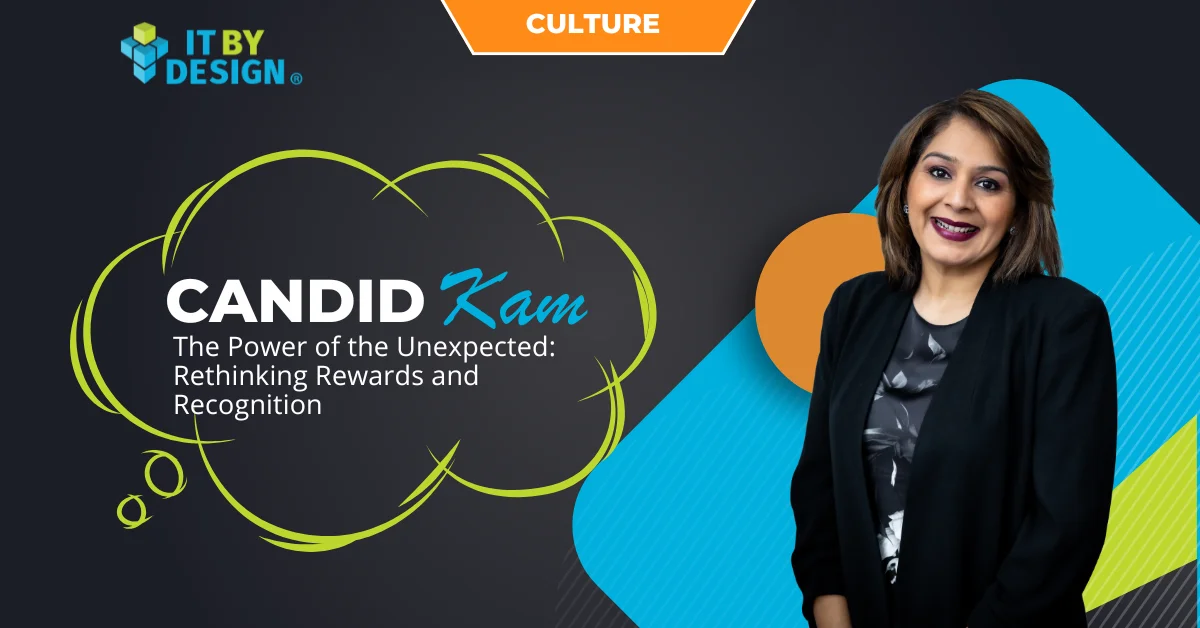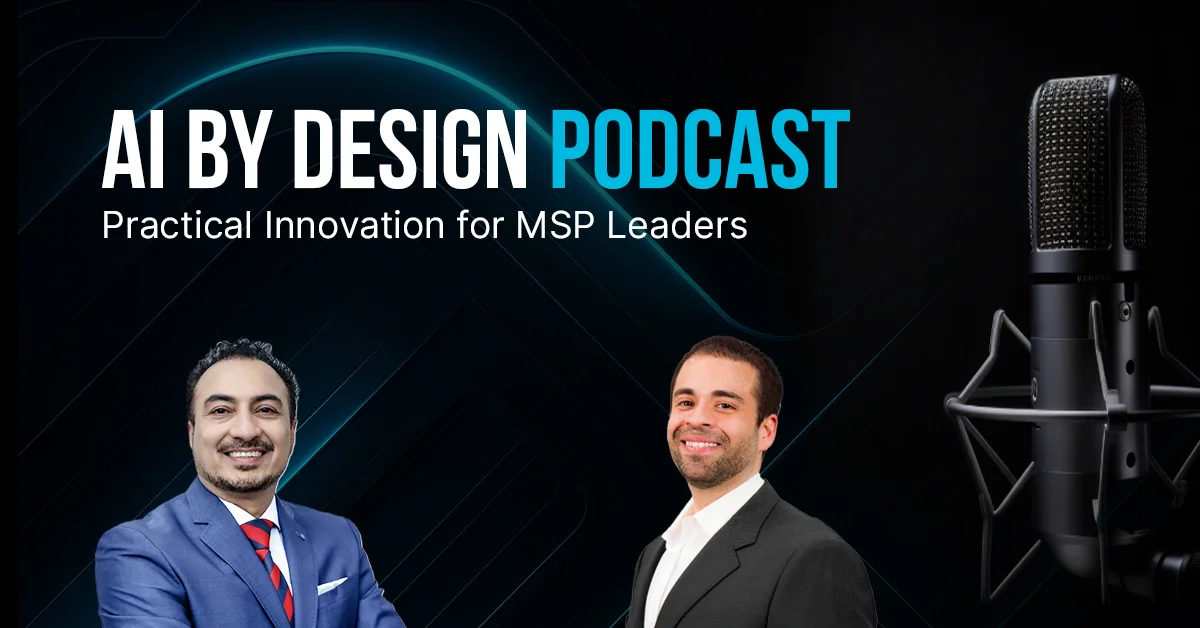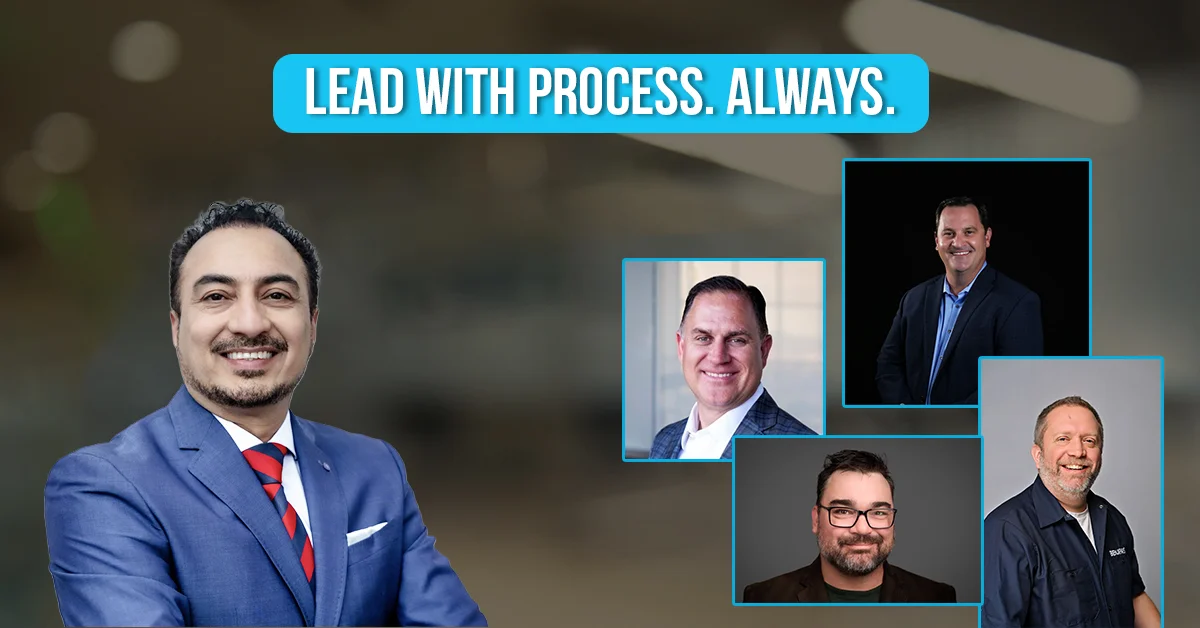This episode of the “Sunny’s Silver Linings” podcast, hosted by IT By Design CEO Sunny Kaila, featured insightful discussions with Lori Patrick, VP of Central Services at 1Path and Luca Jacobellis, Chief Operating Officer at 1Path. They explored the evolving landscape of managed service providers (MSPs), shedding light on industry trends, challenges and the growing importance of leveraging global talent.
Here’s a breakdown of the key points discussed.
Evolution of the MSP Landscape
Historical Context and Technological Evolution
Luca highlighted the dramatic transformation of the MSP channel. He recalled the early days when MSPs were introducing small businesses to their first domain names and local area networks. Today, the scenario is vastly different, with businesses having cycled through multiple MSPs, indicating a matured understanding of technology and its applications.
Maturity of Clients and Market Expansion
Luca noted the shift in customer profiles, with MSPs now catering to larger organizations, some with thousands of employees. This evolution demands a more sophisticated approach to service delivery, particularly with the increasing emphasis on cybersecurity. The maturity of both MSPs and their clients has led to a more complex, yet efficient, market landscape.
Drivers and Benefits of Outsourcing
Quality of Service and Operational Efficiency
Both Lori and Luca emphasized the importance of outsourcing, not just for cost savings, but for enhancing service quality and operational efficiency. Offshore teams, working during their daylight hours, provide uninterrupted support, thereby improving service consistency and client satisfaction.
Cost Savings and Talent Utilization
Lori mentioned that outsourcing could lead to significant cost savings—potentially 30% or more—when considering recruitment, retention and operational expenses. This approach allows MSPs to access specialized expertise without the long-term financial commitment of hiring local contractors.
Challenges and Strategies for Success
Communication and Process Consistency
Both Lori and Luca discussed the challenges of managing offshore teams, such as ensuring effective communication and maintaining process consistency. Regular meetings and clear documentation are crucial to overcoming these hurdles. Additionally, building a robust process framework helps in managing tasks uniformly across different teams and time zones.
Cultural Sensitivity and Team Integration
Understanding and respecting cultural differences are essential for successful collaboration with global teams. Sunny and both the guests shared insights on cultural nuances, such as the reluctance to say no in certain cultures, which can impact communication. Creating an environment of psychological safety and providing explicit permission to share concerns or decline tasks are vital strategies for fostering a cohesive global team.
Leveraging Global Talent for MSP Success
Key Success Strategies
Luca pointed out that mature processes and well-defined roles are critical for integrating offshore teams. MSPs should focus on building clear, structured onboarding processes that don’t rely on physical proximity. This approach ensures that remote team members can seamlessly integrate and contribute effectively.
Positive Outcomes and Quality of Life
Utilizing global teams not only provides cost benefits but also improves the quality of life for local staff by distributing workloads more evenly. This leads to higher retention rates and a more sustainable workforce, ultimately enhancing service quality and client satisfaction.
Final Thoughts
Lori talked about the importance of metrics and KPIs in managing dispersed teams. Understanding performance metrics helps identify trends and address issues promptly, ensuring continuous improvement. Luca encouraged MSPs to explore global talent solutions, highlighting the substantial benefits and minimal risks involved.
In summary, the episode provided a comprehensive overview of the evolving MSP landscape, emphasizing the strategic advantages of leveraging global talent. By adopting mature processes, fostering effective communication and respecting cultural differences, MSPs can achieve significant operational efficiencies and deliver superior service to their clients.








